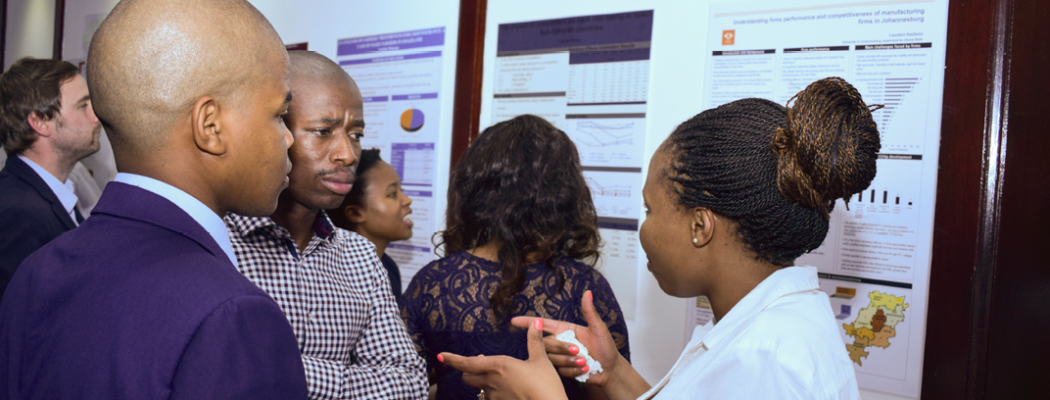Turning the tide on inequality
Under this work stream UNU-WIDER, the National Treasury (NT), and the Department of Planning, Monitoring and Evaluation (DPME) will work jointly to address distributional issues in both the bottom half and the top of the income distribution. While South Africa’s peaceful transition from racial domination to democracy is rightly acclaimed, lack of progress towards a more balanced distribution of opportunities and income raises difficult political and economic questions. What kinds of social, economic or institutional change might contribute to more rapid transformation of opportunities for the bottom half of the household income distribution? What kinds of constraints on power and privilege might contribute to fairer outcomes at the top tail of the distribution? These are practical and political questions of interest both in South Africa and internationally, and they are economic and institutional questions of considerable complexity.
The research will further explore topics, such as the shape of the personal income tax curve, pricing of public health services, housing finance, regulation of land ownership, and access to vocational education. The determinants of opportunity at the bottom and the top of the income distribution have both common features and important differences.
The aim is to examine both commonalities and divergences, and explore options for reform that might yield better outcomes. The intention also is to explore the inter-connections between different aspects of social, institutional and economic progress — how patterns of educational opportunity relate to labour market outcomes, how household living conditions affect schooling or health, how urban–rural linkages relate to earnings trends, for example.

















